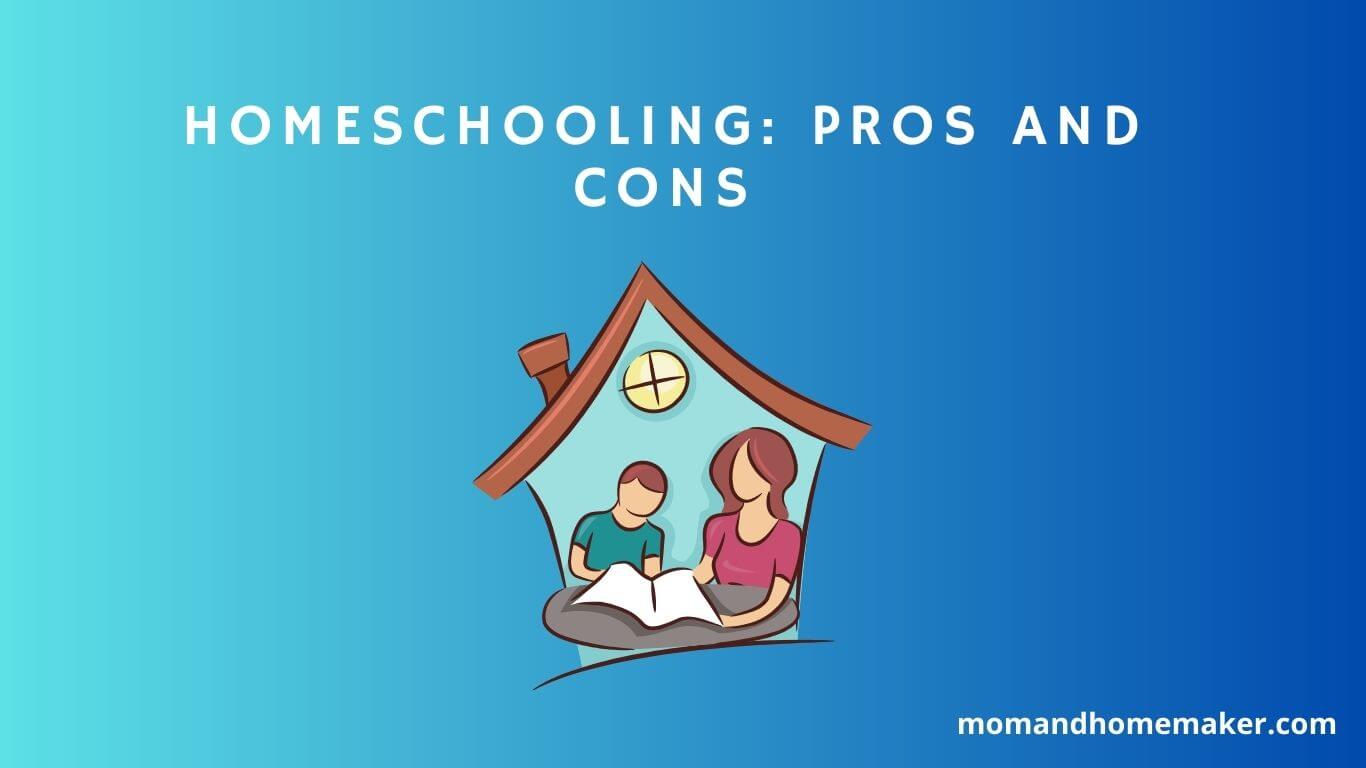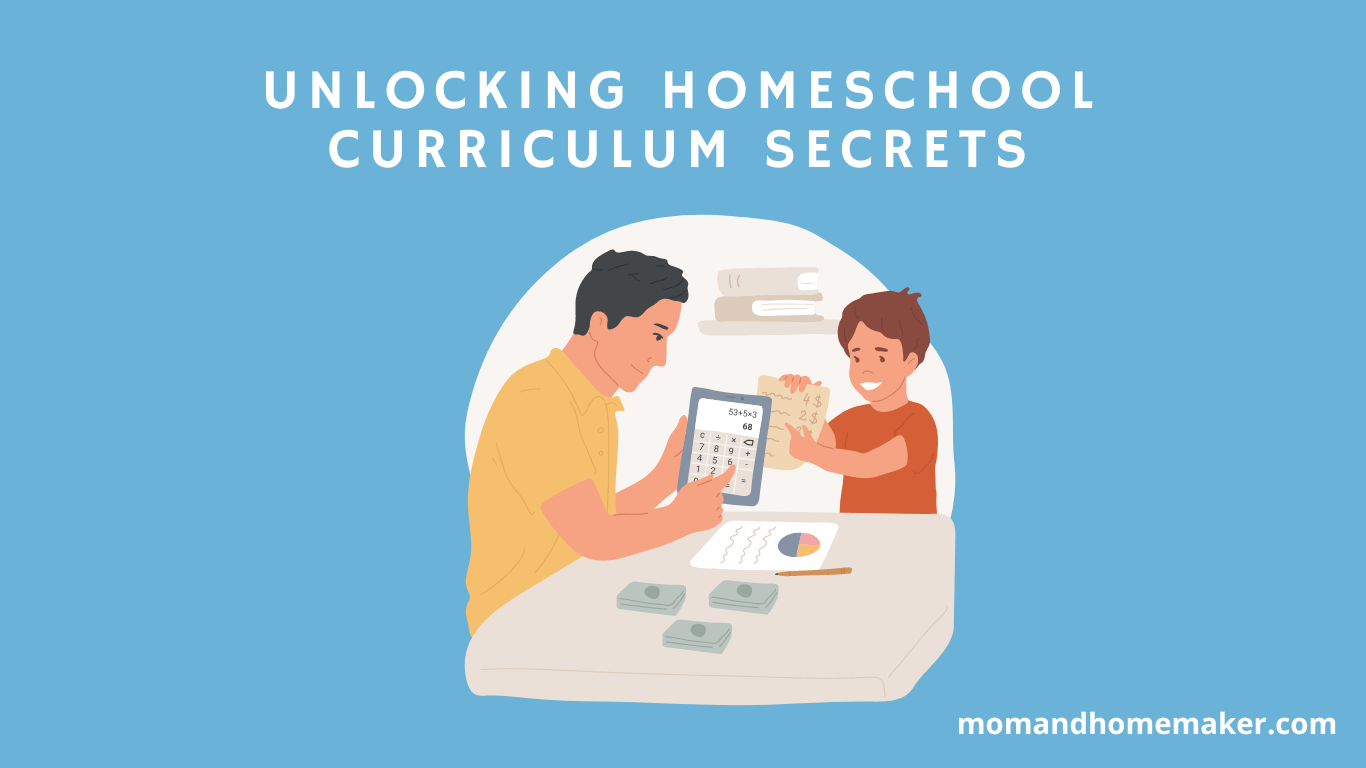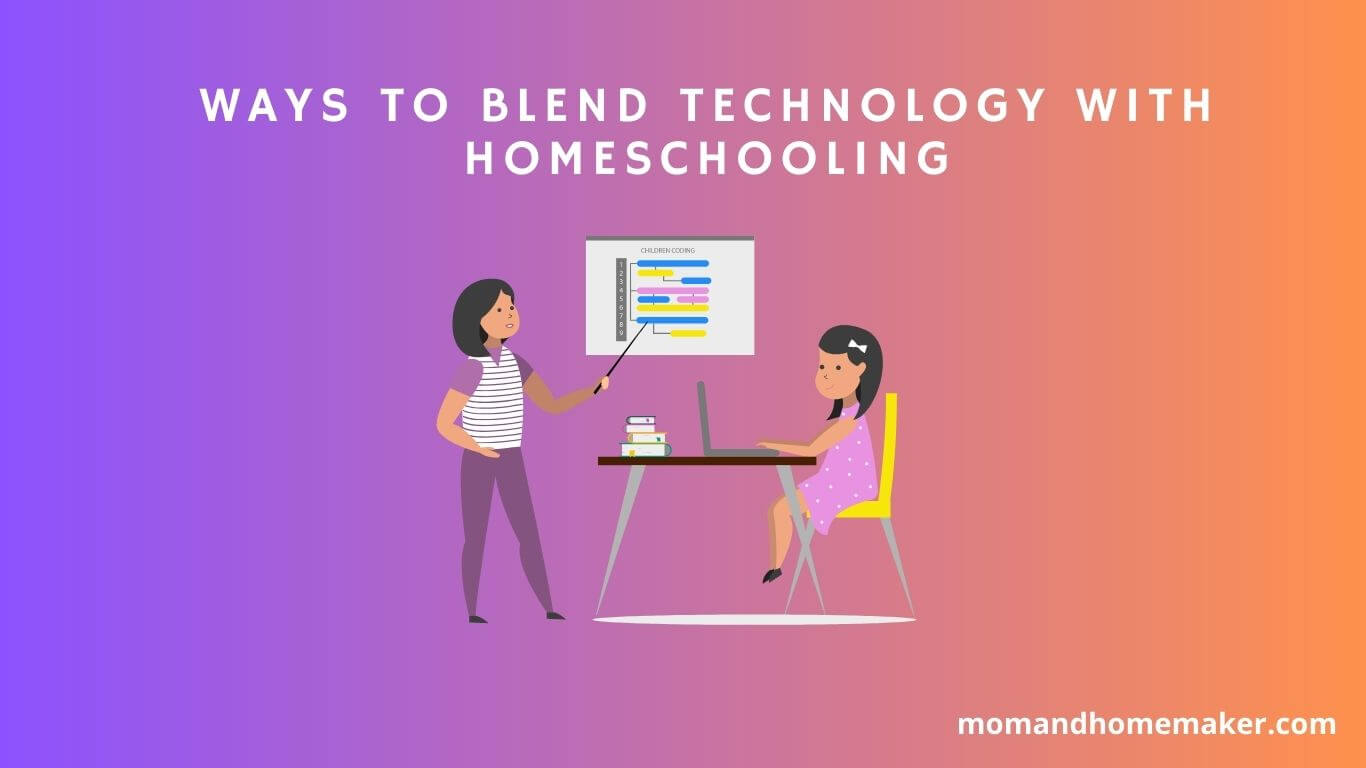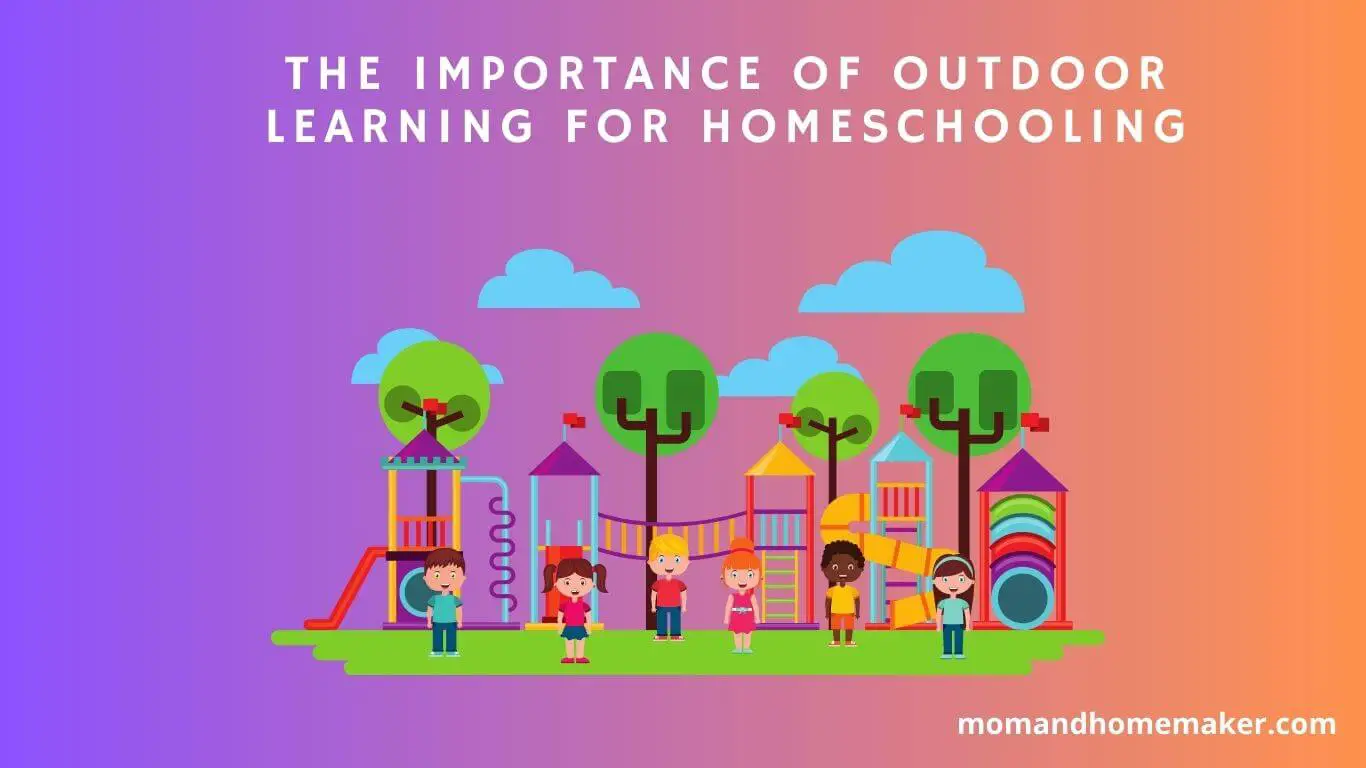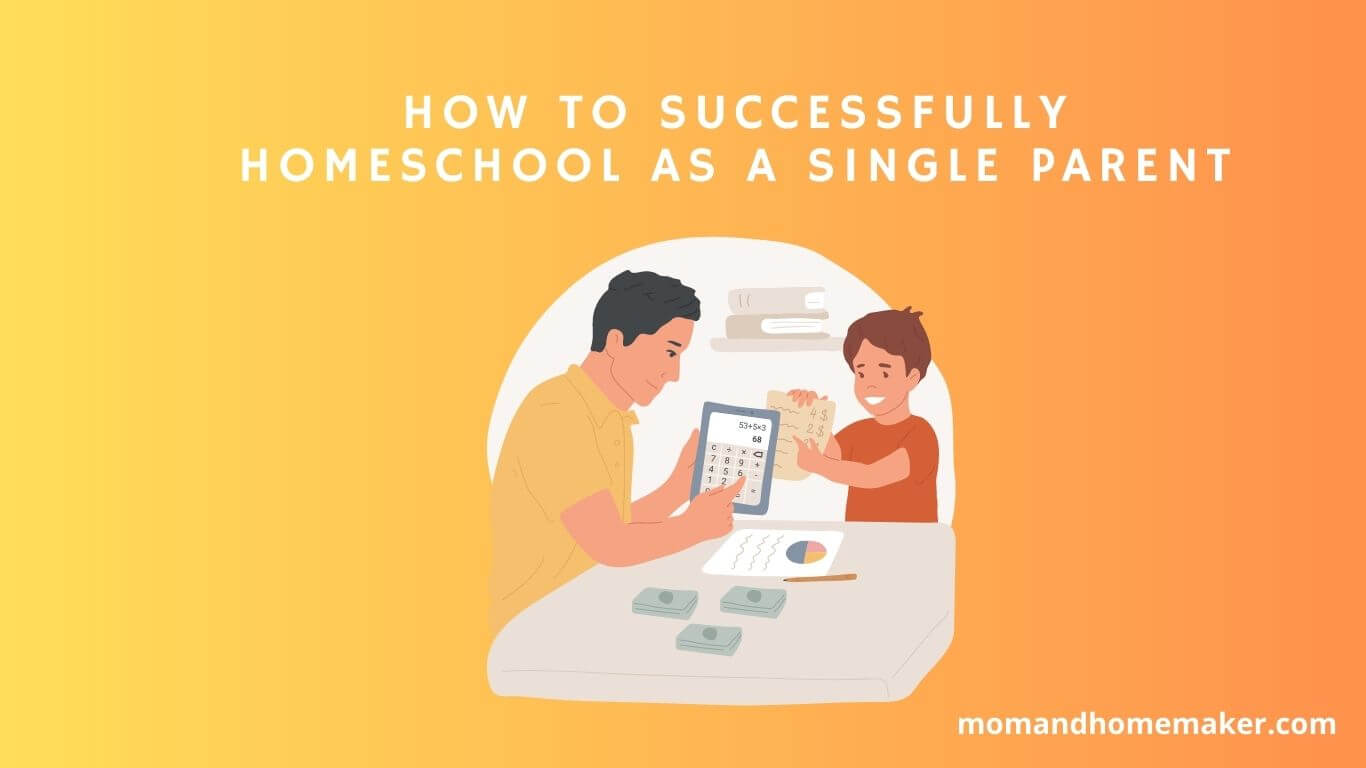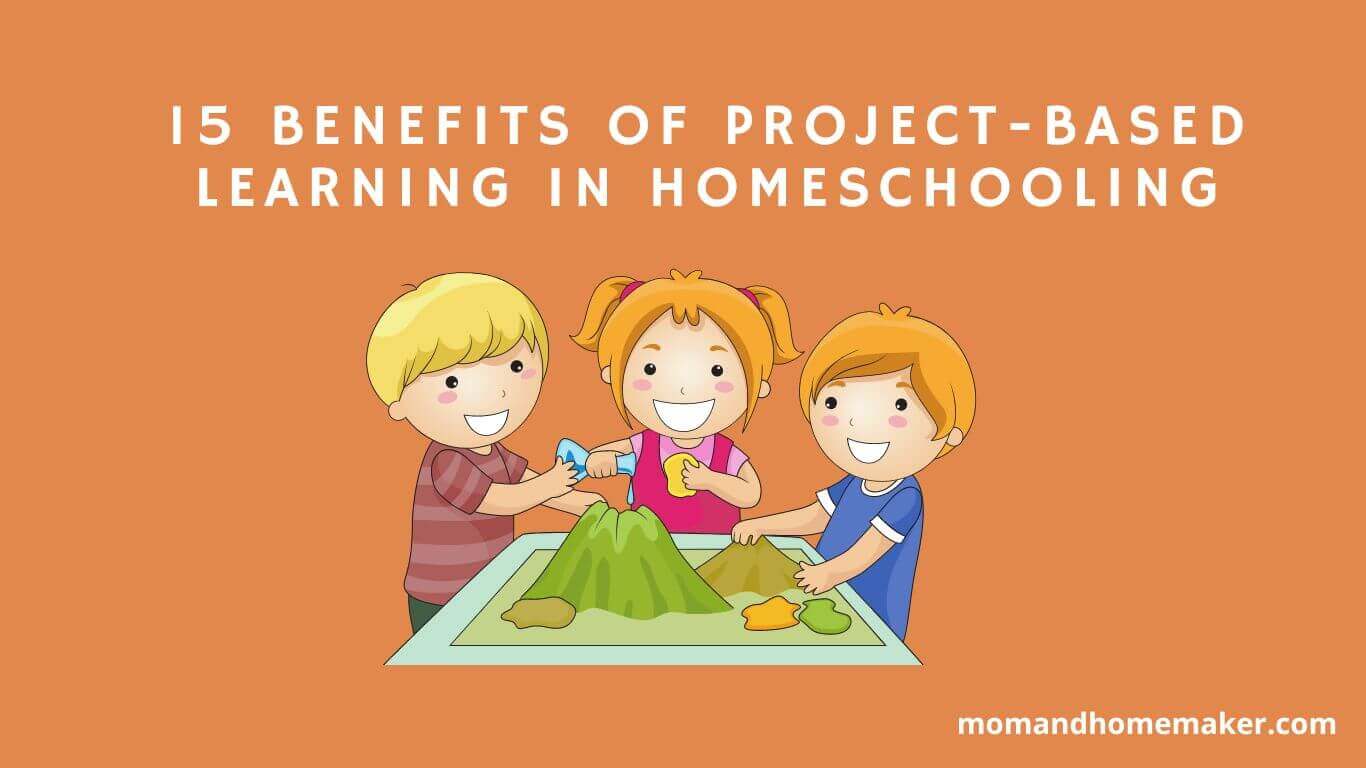As a homeschooling parent, I have had the privilege of interacting with many parents who have chosen to homeschool their children. For some, it is a decision made out of necessity due to extenuating circumstances such as health issues or bullying in traditional schools. For others, it is a conscious choice based on their desire for more flexibility and control over their child’s education. Regardless of the reason behind it, homeschooling has become an increasingly popular option for families around the world.
In this article, we will explore the pros and cons of homeschooling. While there are certainly benefits to this form of education, there are also potential drawbacks that should be considered before making the decision to homeschool your child. As someone who values freedom and autonomy in education, I believe it is important to weigh both sides of the argument in order to make an informed decision that best suits you and your family’s needs.
Table of Contents
Pros
1. Flexibility In Scheduling
When it comes to homeschooling, one of the biggest advantages is flexibility in scheduling. Unlike traditional schooling, homeschooling allows for a more personalized approach to learning that accommodates various lifestyles and work schedules.
This flexibility means that students can learn at their own pace and in a way that suits their individual learning styles. Flexible learning styles are essential to ensuring that students receive an education that is tailored to their unique needs. In traditional schools, teachers often have to teach to the middle of the class, leaving some students behind and others feeling bored. With homeschooling, parents can adjust their teaching methods based on how their child learns best, whether through visual aids or hands-on activities.
Another benefit of homeschooling’s flexibility is the ability for families to balance work and education. Many families choose to homeschool because it allows them to spend more time with each other while still pursuing career opportunities. Homeschooling also eliminates the need for long commutes and early mornings, giving families more time together throughout the day.
In short, flexible scheduling makes it easier for families to achieve a work-life balance while still providing quality education for their children. With this level of freedom in scheduling, it becomes possible to create a curriculum truly personalized for each student’s needs and interests. This brings us to our next advantage: personalized curriculum.
2. Personalized Curriculum
I’m really interested in the idea of a personalized curriculum for homeschooling – the ability to customize learning and tailor content to fit the individual needs of each student. I think this could be incredibly beneficial, both in terms of helping students focus on topics they’re passionate about and in ensuring they have the skills they need to succeed.
On the other hand, there could be some drawbacks to a personalized curriculum, such as the cost of materials or the difficulty of measuring success. I’m excited to explore this topic further and to see what insights we can uncover!
3. Customized Learning
As homeschooling gains popularity, many parents are attracted to the idea of customized learning. The individualized pace and specialized education are two significant advantages of homeschooling. With this approach, children can learn at their own pace without being held back by a classroom full of students who may not be at the same level.
Homeschooling allows for flexible scheduling, so students can take as much time as they need to master a subject. Specialized education is another benefit of homeschooling. Parents can tailor their child’s education to fit their interests and abilities. Whether it’s music, art, or science, homeschoolers have the freedom to explore and develop their passions.
Homeschooling also allows for unique learning experiences that may not be available in traditional schools. For example, if a child expresses interest in marine biology, parents can plan field trips to aquariums or take them on a beach vacation where they can explore marine life first-hand. However, there are some challenges with customized learning in homeschooling.
One potential drawback is that some children may struggle with self-motivation when learning at their own pace. Without the structure of a classroom setting, some students may need additional support from parents or tutors to stay on track. Another potential issue is that parents may lack expertise in certain subjects or struggle with creating an effective curriculum that meets state standards. In conclusion, customized learning is one of the most significant benefits of homeschooling.
It offers an individualized pace and specialized educational opportunities for children to explore their interests fully. While there are challenges associated with this approach, many families find that it is worth the effort to provide a personalized curriculum for their children’s education.
4. Tailored Content
As we continue to explore the benefits of personalized curriculum in homeschooling, let’s delve deeper into the concept of tailored content. Curriculum customization is one of the most significant advantages of homeschooling, allowing parents to tailor their child’s education to their unique learning style. By analyzing a child’s learning style, parents can create a curriculum that suits their strengths and weaknesses.
For example, if a child is a visual learner, incorporating more visual aids and hands-on activities may be beneficial. With tailored content, children are more engaged in their learning and are likely to retain information better.
One challenge with tailoring content is ensuring that it meets state standards. While homeschoolers have more flexibility in what they teach, they still need to meet certain requirements set by the state. It can also be challenging for parents who lack expertise in certain subjects or struggle with creating an effective curriculum.
However, there are resources available such as online curriculums and support groups where parents can seek guidance. In summary, customized content is a crucial aspect of the personalized curriculum in homeschooling.
By analyzing a child’s learning style and tailoring content accordingly, parents can create an engaging and effective curriculum that suits their child’s needs. While there are challenges associated with this approach, resources are available for homeschooling families to ensure that they meet state standards while providing a customized education for their children.
5. More Individual Attention
As each student is unique, homeschooling allows for a personalized curriculum that caters to their specific interests and needs. However, this can also lead to potential challenges when interacting with peers.
Despite this, one of the benefits of homeschooling is the individual attention that students receive from their parents or tutors. With a smaller class size, there is more time for one-on-one interaction between the student and teacher. This provides an opportunity for students to ask questions and get immediate feedback on their work. The teacher can tailor their teaching style to match the student’s learning style, further enhancing their understanding of the material.
Furthermore, individual attention can lead to greater academic success as students are able to progress at their own pace without feeling rushed or left behind. This allows them to delve deeper into topics that interest them and spend more time on areas where they may need additional support.
While challenges with peer interaction may arise, the benefits of individual attention cannot be overlooked in a homeschooling environment. As students spend more time at home with their families, opportunities for family bonding increase as well. In the next section, we will explore how homeschooling can provide unique opportunities for families to bond over shared experiences and create lasting memories together.
6. Opportunities For Family Bonding
One of the most significant benefits of homeschooling is the opportunities for family bonding. Homeschooling allows families to spend more time together and create stronger relationships. There are countless ways to incorporate homeschooling into daily routines that promote family bonding, such as taking field trips together, working on projects as a team, and engaging in regular family meetings.
Communication is key in any family, but it is especially important in homeschooling families. When parents work closely with their children on educational goals and tasks, there must be clear communication about expectations, progress, and challenges. Regular check-ins and open communication channels can help prevent misunderstandings and ensure that everyone is on the same page.
By prioritizing communication within the family unit, homeschooled children learn valuable interpersonal skills that will serve them well throughout their lives. In summary, homeschooling offers many opportunities for family bonding through shared experiences and increased communication.
Families who choose to homeschool can benefit from finding creative ways to incorporate learning into their daily routines while prioritizing effective communication channels. These practices not only facilitate academic success but also foster strong familial relationships that will last a lifetime. With these advantages in mind, let’s explore the potential for cost savings with homeschooling in the following section.
7. Potential For Cost Savings
Just like how a family builds its bond through homeschooling, it also has the potential for cost savings. Homeschooling can be an opportunity for families to cut down on expenses and tailor-fit their educational resources to their budget considerations. Think of it as having your personal chef that will cook meals based on the ingredients you already have in your pantry.
Budget considerations are one of the primary reasons why parents choose to homeschool their children. The cost of private schools can be overwhelming, and public schools may not fit well with some families’ values or beliefs. With homeschooling, parents can have more control over what they spend their money on, whether it’s investing in quality curriculum materials or attending educational events.
Homeschooling resources are abundant and varied, which further helps families stay within their budget while providing quality education for their children. There are online courses, co-ops, and support groups that offer free or low-cost programs and activities that cater to different learning styles. These resources help parents create a personalized educational experience for each child while staying within their financial constraints.
Cons
1. Limited Socialization Opportunities
Socialization opportunities are one of the most commonly discussed challenges associated with homeschooling. Critics argue that homeschoolers miss out on the socialization opportunities provided by traditional schools, such as interacting with peers and developing social skills. However, advocates of homeschooling argue that homeschooled children have plenty of opportunities to interact with others and develop social skills.
Homeschooling provides a unique opportunity for parents to tailor their child’s socialization experiences. Rather than being limited to classmates from the same grade level, homeschooled children can interact with people of all ages and backgrounds. Homeschooling also allows for more flexibility in scheduling extracurricular activities, which can provide additional opportunities for socialization.
While it is true that homeschooling presents some challenges when it comes to socialization opportunities, these challenges can be overcome with effort and creativity. Homeschoolers can join local homeschool groups or clubs focused on specific interests to meet other children and develop friendships. In addition, many communities offer classes or programs specifically designed for homeschooled children, providing further opportunities for socialization.
As previously mentioned, while there may be obstacles to overcome when it comes to socialization opportunities in homeschooling, they are not insurmountable. In fact, many families find that the benefits of homeschooling far outweigh any challenges they may face in this area.
2. Responsibility For All Aspects Of Education
As a homeschooling parent, taking on the responsibility for all aspects of your child’s education can be overwhelming. From creating lesson plans to choosing appropriate materials, it can feel like an endless to-do list. However, with proper planning and organization, balancing the workload can alleviate some of the stress.
Managing expectations is also key when it comes to taking on this level of responsibility. It’s important to recognize that you are not expected to be perfect or have all the answers. Homeschooling is a journey and mistakes will happen along the way. Understanding this can help ease any pressure you may feel and allow you to focus on providing your child with the best education possible.
To further ease any potential stress, here are five tips for managing responsibility as a homeschooling parent:
- Prioritize tasks based on importance and deadline
- Delegate responsibilities where possible (i.e. enlist help from a spouse or older child)
- Take breaks when needed to avoid burnout
- Stay organized and keep track of progress
- Remember why you chose to homeschool in the first place – focus on your goals and values
With these tips in mind, taking on the responsibility for all aspects of your child’s education can be less daunting.
It’s important to remember that while it may feel overwhelming at times, it is also incredibly rewarding. The potential for burnout is real, but by following these guidelines and staying focused on your goals, you can provide your child with an exceptional education in a way that aligns with your family’s values and desires for freedom.
3. Potential For Burnout
The potential for burnout is a major concern for homeschooling families. With parents taking on the role of teacher and caregiver, it can be overwhelming to balance all the responsibilities that come with homeschooling. The pressure to constantly provide a stimulating educational environment while also managing household duties can be exhausting.
To prevent burnout, it’s important for homeschooling families to establish coping strategies. One effective way is to create a schedule that prioritizes self-care activities such as exercise, meditation, and hobbies. Taking regular breaks throughout the day can also help alleviate stress and prevent burnout.
Another helpful strategy is to seek support from other homeschooling families or online communities. Connecting with like-minded individuals can provide valuable emotional support and practical advice on how to manage the challenges of homeschooling. By implementing these coping strategies, parents can maintain their mental health and continue providing an enriching educational experience for their children.
Despite these proactive measures, some families may still struggle with preventing burnout. In such cases, it may be necessary to reassess the homeschooling approach or seek outside support from mental health professionals.
It’s important for families to prioritize their well-being in order to ensure the success of their homeschooling journey. However, balancing personal needs with state requirements can be another challenge altogether.
4. Difficulty In Meeting State Requirements
Meeting state requirements can be a daunting task for homeschooling parents. It’s essential to ensure that you comply with legal implications, or you may face penalties and even lose custody of your child. In some states, the regulations are stringent, requiring you to submit progress reports or have regular visits from a certified teacher.
However, there are alternative options available for homeschooling families who find it challenging to meet state requirements. One such option is enrolling your child in an online school that is accredited by the state. This way, your child can learn at home while still following the state’s curriculum and meeting all necessary requirements.
Another option is joining a homeschooling co-op or support group where parents work together to meet state requirements. By pooling resources and knowledge, parents can share teaching responsibilities and help each other with record-keeping and reporting. This way, families can enjoy the freedom of homeschooling while also ensuring they comply with state regulations.
As you navigate through homeschooling, it’s important to remember that meeting state requirements don’t have to limit your freedom as a family. With alternative options available and a little creativity, you can provide your child with an excellent education while still complying with legal implications.
5. Limited Access To Extracurricular Activities
Homeschooling can be a great option for many students, but it does come with its drawbacks when it comes to access to extracurricular activities. Lack of socialization, financial costs, and limited resources are some of the main disadvantages of homeschooling in this regard.
Without access to a school setting, students miss out on the opportunity to make friends and participate in team sports. Parents must cover the cost of any activities they’d like their children to participate in, which can be expensive. Lastly, homeschooling families may have limited access to certain resources and activities, such as music and art classes.
6. Lack Of Socialization
As a homeschooling parent, I understand the concern that many parents have about their children’s lack of socialization due to limited access to extracurricular activities. However, it is important to note that there are many socialization alternatives available for homeschooled children.
One such alternative is participating in homeschooling communities where children can engage in group activities, field trips, and even sports teams. These communities provide a sense of belonging and allow children to interact with others who share similar values and beliefs. Homeschooling parents can arrange playdates with other families or enroll their children in community classes like music lessons or martial arts.
On the other hand, it is also important to recognize that socialization does not only happen through organized activities. Homeschooling provides the opportunity for children to spend more time with their families, which can strengthen family relationships and foster communication skills. Moreover, homeschooled children often have more opportunities for real-world experiences like volunteering or internships which can help them develop valuable social skills.
7. Financial Costs
It’s important to address one of the concerns parents face when deciding to homeschool: financial costs. Limited access to extracurricular activities can be a disadvantage for families who have budget constraints. However, there are budgeting tips that can help homeschooling families afford these activities. One alternative resource for extracurricular activities is community programs. Many communities offer classes or sports teams that are free or have low fees.
Parents can consider starting their own co-op with other homeschooling families in their area. This allows families to share resources and reduce costs while still providing opportunities for socialization and learning. It’s also crucial for homeschooling families to consider the long-term benefits of investing in their child’s education and personal growth. While there may be financial sacrifices in the short term, the real-world experiences and skills gained from participating in extracurricular activities can lead to future success.
By budgeting wisely and exploring alternative resources, homeschooling families can provide their children with valuable socialization opportunities without breaking the bank.
8. Limited Resources
Limited access to extracurricular activities can be a concern for homeschooling families, especially those with limited resources. Resource allocation is one of the biggest challenges for homeschooling families who want to provide their children with opportunities for socialization and personal growth. Extracurricular activities such as sports teams or music lessons can be expensive, making it difficult for families on a tight budget to afford them.
However, there are creative solutions that homeschooling families can explore. One option is to look into community programs that offer free or low-cost classes and sports teams. Many towns and cities have these types of programs available, which can provide children with valuable experiences while also being affordable.
Another solution is for parents to consider starting their own co-op with other homeschooling families in their area. This allows families to share resources and pool their funds, making it easier to afford extracurricular activities. By working together, parents can create a community that provides their children with socialization opportunities while also being mindful of their financial limitations.
It’s important for parents to remember that investing in their child’s education and personal growth will pay off in the long term, even if it requires short-term financial sacrifices.
9. Potential For Isolation
Another issue that parents face is the potential for isolation. Homeschooled children may lack opportunities to interact with peers and develop social skills. Strategies for preventing isolation are essential for homeschoolers. Parents should consider joining local homeschooling groups or co-ops to provide their children with socialization opportunities. These groups often organize field trips, sports teams, and other extracurricular activities.
Online communities and forums offer a chance for homeschooled children to connect with others and share experiences. Finding socialization opportunities requires effort from both parents and children. Parents must be proactive in seeking out events and groups in their area. Children must also be willing to participate and make an effort to build friendships.
By taking advantage of these resources, homeschoolers can overcome the potential for isolation and develop valuable social skills.
10. Unequal Distribution Of Household Labor
Gender roles can play a significant role in the distribution of household labor when it comes to homeschooling. Studies have shown that mothers often bear the brunt of the responsibility, leading to burnout and mental health issues. While fathers may be involved, they tend to take on more traditional ‘breadwinner’ roles, leaving the bulk of the teaching and household chores to their partners.
This unequal distribution can lead to tension and resentment within the household, especially if both parents are working or have other responsibilities outside of homeschooling. It’s important for families to communicate openly about their expectations and divide tasks fairly. This not only ensures a healthier home environment but also models healthy relationships for children.
Gender roles can also impact how children perceive their own potential roles within a family or society. By breaking down traditional stereotypes and valuing all types of work equally, parents can foster a more inclusive environment for their children. This can ultimately lead to greater confidence and mental well-being for all family members involved in homeschooling.
As we’ve seen, unequal distribution of household labor based on gender roles is an important consideration when it comes to homeschooling. However, it’s just one aspect of potential conflict within the home.
11. Potential For Parent-Child Conflict
Although homeschooling can provide unique opportunities for families, it is not without its challenges. One potential issue that may arise is the potential for parent-child conflict. With parents taking on the role of teacher, there can be a blurring of lines between authority figures and family members, leading to disagreements and hurt feelings.
Managing expectations is key to avoiding conflicts within the homeschooling environment. It is important for both parents and children to have a clear understanding of what is expected of them in terms of academic performance, behavior, and household responsibilities. Setting realistic goals and communicating openly about concerns or frustrations can also help prevent misunderstandings.
Finding a compromise is another important aspect of managing conflicts within homeschooling. Both parents and children should have a say in how their education is structured and what methods work best for them. Flexibility and adaptability are crucial in finding solutions that work for everyone involved.
By working together to find a compromise, families can create an environment that fosters learning while maintaining positive relationships. As with any educational choice, there are pros and cons to homeschooling. While conflicts may arise, they can be managed through effective communication and a willingness to find compromise.
12. Long-Term Impact On Career And College Opportunities
Career preparation and college readiness are two critical factors that parents must consider when deciding whether to homeschool their children. Homeschooling provides a unique opportunity for parents to tailor their child’s education according to their interests, strengths, and weaknesses. As such, homeschooled students can receive more specialized training in areas they wish to pursue as careers.
Moreover, homeschooling allows students to learn at their own pace and with a flexible schedule. This means that students can take on internships or volunteer work related to their desired careers without worrying about conflicting schedules.
However, homeschooling may not be the best option for every student when it comes to career preparation and college readiness. Homeschooled students may miss out on the socialization opportunities that traditional schooling provides, which is essential in developing soft skills like communication and teamwork.
Some colleges may have reservations about admitting homeschooled students since they lack the conventional transcripts and test scores of traditional high school graduates. Ultimately, the key to success lies in finding a balance between academic excellence and personal development.
Conclusion
In conclusion, homeschooling has its advantages and disadvantages. The flexibility in scheduling and personalized curriculum is great for families who want to tailor their child’s education to their specific needs. More individual attention from parents can lead to better academic performance and opportunities for family bonding.
However, potential isolation and unequal distribution of household labor can be challenging for some families. The conflict between parents and children can also arise due to the close proximity of homeschooling. It is important for families considering homeschooling to weigh these factors carefully before making a decision.
As with any educational choice, it is important for families to do thorough research and consider all factors before deciding on homeschooling as an option.

